Transitions of Lithuanian Postmodernism —— Lithuanian Literature in the Post-Soviet Period
----- 立陶宛后现代主义过渡:后苏联时期立陶宛文学
In 1990, Lithuania was the first of fifteen Soviet Republics to proclaim its independence from the USSR and, in doing so, dealt a fatal blow to this superpower. Overnight, this small country, whose very existence had been erased from the world map for 50 years, became Post-Soviet and proclaimed its return to a multicultural Europe. So, what happened then in the lives of Lithuanians? How did they survive the collapse of a planned economy and the crisis of values? How does Lithuania, together with the other Baltic countries, which had once been the most prosperous Republics in the USSR, come to terms with the fact that they are now among the poorest member nations in another transnational configuration – the European Union? These issues are actively addressed in the works of contemporary Lithuanian writers, whose texts are analyzed in the collection of articles, Transitions of Lithuanian Postmodernism: Lithuanian Literature in the Post-Soviet Period. Utilizing various perspectives, leading Lithuanian literary scholars discuss identity transformations and the discourse of reinterpretations of the past in contemporary Lithuanian prose, poetry, essay writing, and memoir. This book reveals both existentially universal dramas and specific experiences that arise from this unique double-post (Post-Soviet and postmodern) condition.
{{comment.content}}
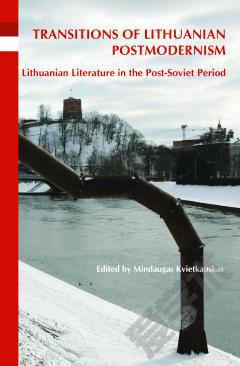
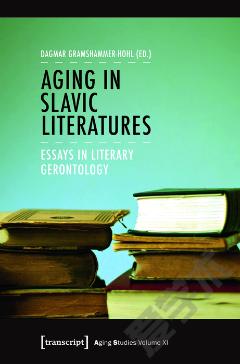
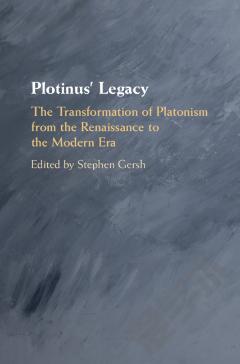
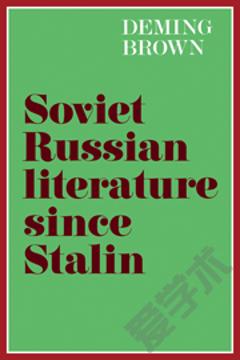
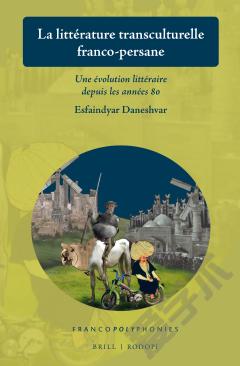
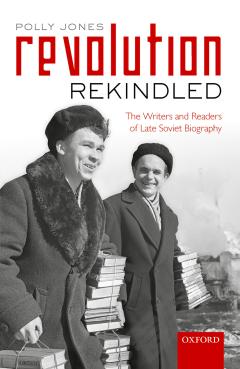


 京公网安备 11010802027623号
京公网安备 11010802027623号